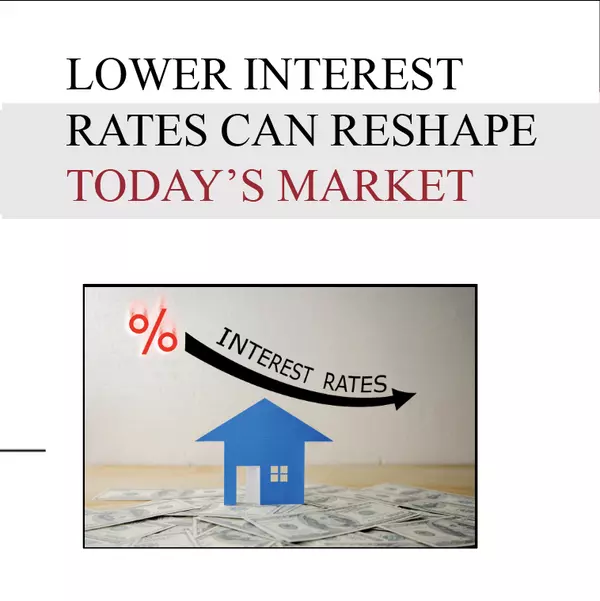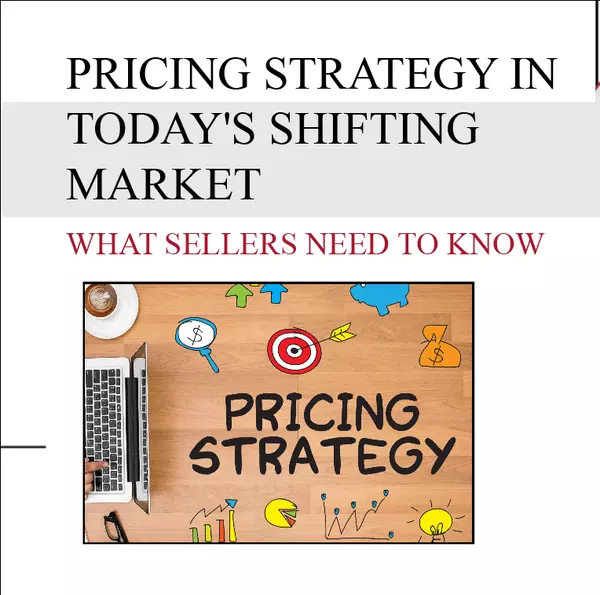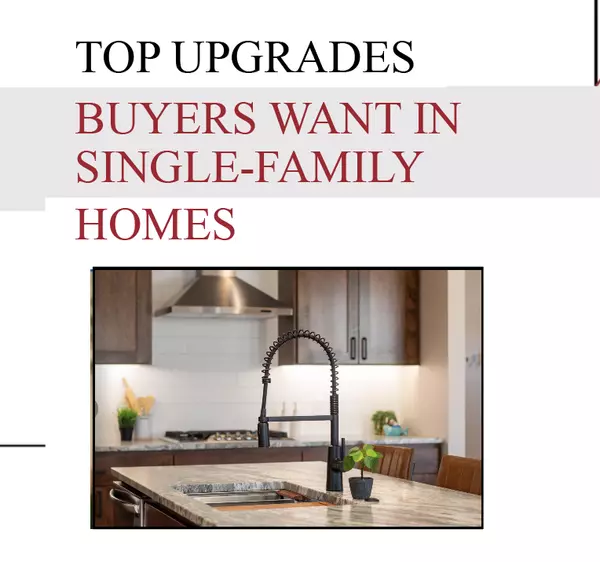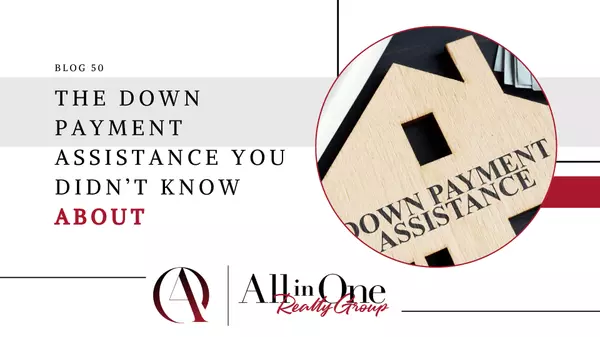
Lower Interest Rates Can Reshape Today’s Market
It’s official—interest rates are on the way down, and that’s big news for anyone with an eye on the housing market, personal finance, or even just the broader economy. But what does this shift really mean for you, your family, and your future plans? Imagine the economy as a garden. When the “rain” o

Pricing Strategy in Today's Shifting Market
Pricing a home has always felt a bit like balancing on a tightrope—lean too far one way, and you risk losing buyers; lean too far the other, and you leave money on the table. In today’s market, where shifts happen quickly and unpredictably, the stakes are even higher. So, how do you set the right pr

Rochester, MN Housing Market Predictions: 2025–2028
When it comes to the future of Rochester, MN’s housing market, there’s plenty for both buyers and sellers to feel optimistic about. The next three years look set to be a period of growth and opportunity, with local factors like the Mayo Clinic’s ongoing expansion playing a starring role. Let’s take
Categories
Recent Posts












